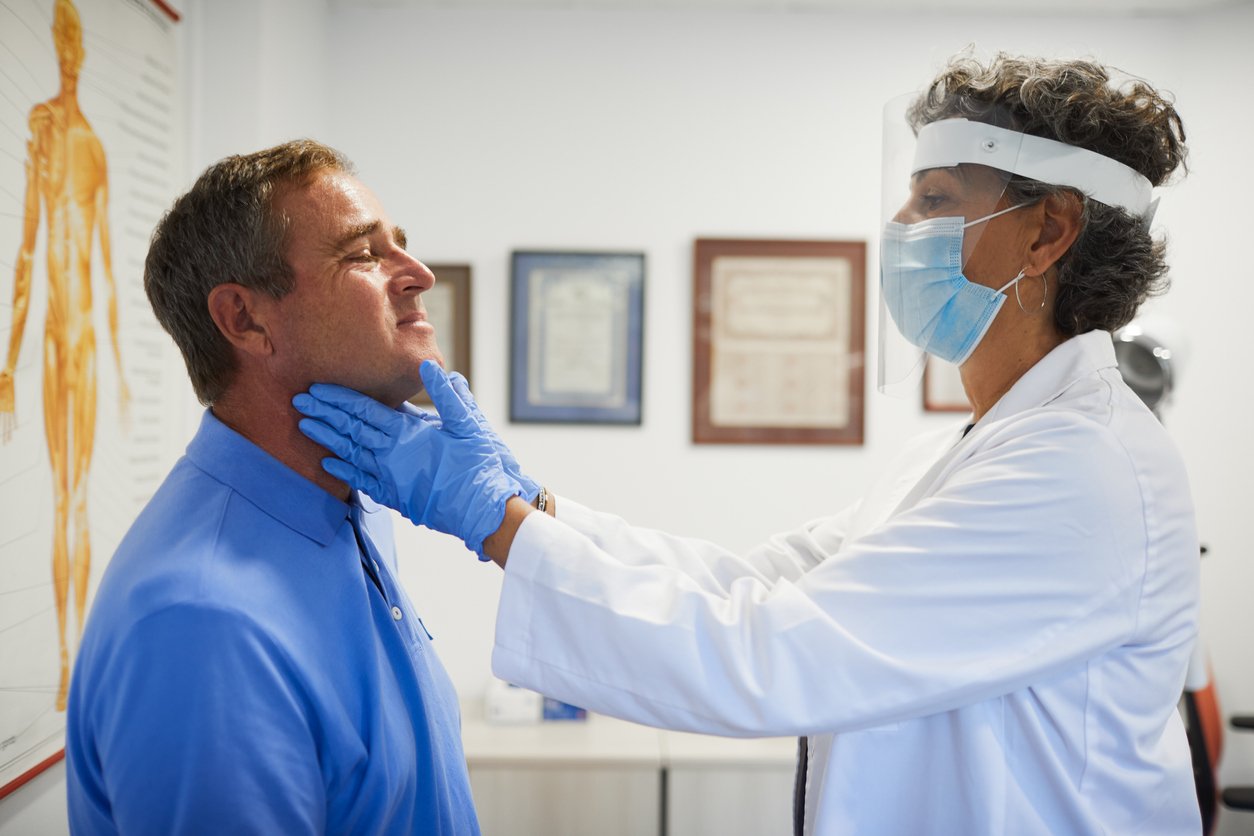Irish endocrinology trainees are highly trained, in great demand abroad, and it must be made attractive for them to return to Ireland and remain in the country, Prof Hilary Hoey, Director of Professional Competence, RCPI, told the 45th Annual Meeting of the Irish Endocrine Society (IES), which took place on 19-20 November on a virtual basis.
Prof Hoey, who delivered the IES’s keynote McKenna Lecture, said the future of Irish medicine depends on its doctors, pioneers and health professionals. She believes there are many opportunities for young doctors in Ireland. “Doctors in Ireland are respected and greatly trusted by the public,” she said.
“Irish consultants are highly trained, and they have international experience and are innovative.”
An elected member of the RCPI Council and Emeritus Professor at Trinity College Dublin (TCD), Prof Hoey described Ireland as a small country where things could get done quickly. “We’re a very agile country and this was demonstrated by Covid-19 in terms of the agility and willingness to adapt to the rapidly changing situation and deliver excellent patient care, education and research despite Covid-19 and the cyberattack,” she added.
She highlighted the current major challenges facing healthcare professionals including managing emergencies such as Covid-19, and the recent cyberattack; the increased number of people with chronic conditions and disabilities; keeping up to date with diagnostics, therapeutics and digital skills; patient empowerment and public expectations; prevention with avoidance of complications; and access to integrated services regardless of socio-economic group and residence.
In her view, continuing professional development (CPD) provides an opportunity to reduce stress, increase personal development, and to reflect on practice pressures and what resources are required. “CPD should be self-directed unlike in many other countries where it’s much more prescriptive,” she said.
It should reflect the scope and stage of practice with the individual doctor and was “not a one-size-fits-all” as “people learned differently”. “It is a great privilege to work as a doctor in Ireland and follow in the footsteps of our esteemed ancestors who met many challenges, rose to many opportunities, and made long lasting innovations,” Prof Hoey told the Annual Meeting.
During the lecture, she gave a history of medicine in this country, continuing to the current major challenges faced by
health services.
Turning to opportunities available today, Prof Hoey said recent research has made it possible to successfully treat many previously untreatable conditions and improve health and wellbeing. Nevertheless, serious global challenges included obesity and nutrition. The complications of obesity, such as “type 2 diabetes, cancer, pregnancy with the complications of microsomia, and adult diabetes”, were enormous, according to Prof Hoey. Obesity and type 2 diabetes were increasing, she stated.
“It’s been now labelled the double pandemic with a 10-fold increase in the US annually in relation to this. “In Ireland 60 per cent of adults are obese and 20-to-25 per cent of children are overweight or obese. “Obese children become obese adults and the proportion with severe obesity is increasing. Obesity, as you know, is a complex biochemical and hormonal interaction between genetic and environmental lifestyle factors.”
She underlined that calorie intake exceeded energy expenditure and pointed to the reported levels of exercise as being below World Health Organisation recommended ranges. If one parent was obese, there was a 50 per cent chance for
the child to become obese.
Where both parents were obese, there was a 75 per cent chance for the child to become obese, noting that the condition was not only the result of lifestyle.
“Genetic aspects have been clearly shown,” she said, referring to Swedish twin studies. She also highlighted recent concern about the effects of obesity on pregnancy. Prof Hoey underscored the difficulties in the management of obesity. Prevention was key at all ages, but particularly in the first 1,000 days of life.
“It’s very difficult to change established lifestyle; it requires motivation, empowerment, and an expert multidisciplinary team. Wellbeing is important to avoid shame and stigma. As Prof Donal O’Shea says: ‘Nobody chooses to
be obese’.”
Findings from a recent patient survey of people with type 2 diabetes by Diabetes Ireland showed that while patients had a care plan, they had poor understanding of it. “They had great difficulty changing lifestyle with a large emotional impact. Many feel that diabetes is a stigma and poorly managed, consider themselves a failure, and live in a negative psychological state. Now I think this applies to many type 1 diabetes and obese patients as well.”
Prof Hoey stressed the need for ongoing patient support and empowerment and highlighted the role of the use of
language. “In terms of dealing with people with diabetes it’s important to avoid shame, blame, and stigma and have a
supportive relationship.”













Leave a Reply
You must be logged in to post a comment.